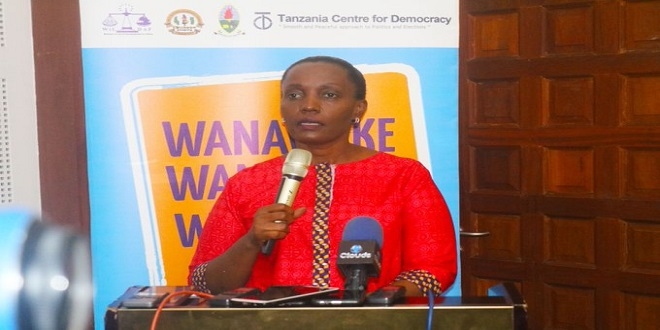Tension in Tanzania’s Loliondo area as troops move in to evict the Maasai

Former Tanzanian Prime Minister Mizengo Peter Pinda. He has halted the evictions 2013.
The Tanzanian government is intending to resume the eviction of about 70,000 Maasai community in Loliondo to make room for trophy hunting and elite tourism.
The move, which will involve dispossessing over 70,000 Maasai pastoralists of 1500sq km of their ancestral land, which will be set aside exclusively for the Ortello Business Company, a hunting firm owned by the United Arab Emirates’ royal family.
On June 8, dozens of police vehicles from the anti-riot Field Force Unit (FFU) arrived in Wasso town in Loliondo, Ngorongoro district, to demarcate the area as a Game Reserve. The FFU and other forces have now set up camp in the Oloosek area of Ololosokwan and in Sanjan, Malambo.
In the following two days—June 9 and 10 – locals gathered in several locations, including Ololosokwan and Kirtalo, to protest against the police invasion. This provoked high-handed reaction from the police and paramilitary forces who allegedly dispersed people at a traditional ceremony.
The Regional Commissioner of the Tanzanian government met with village chairmen to inform them of the government’s decision, despite the East African Court of Justice (EACJ) having ruled in favour of the Masaai community in 2018.
Thousands of the Maasai people have staged protests, and are adamant that they will not leave until the decision is reversed.
According to Anuradha Mittal, the executive director of the Oakland Institute and author of Losing the Serengeti, the fact that the Maasai are once again facing eviction to please the UAE Royal Family shows the Tanzanian government continues to prioritize tourism revenues at the expense of the indigenous pastoralists
“The Maasai, who are the indigenous community, are appealing for international support so that their land and rights are respected. The myth of ‘protected areas’ takes away not only their rights as people, but their ability to live in theIR ancestral land,” said Mr Mittal
To facilitate the Maasai dispossession, the Tanzanian government prepares to implement the multiple land use (MLUM) and resettlement plan in Ngorongoro Conservation Area (NCA), created with heavy influence from the UNESCO World Heritage Committee (WHC).
The land is legally registered in the Loliondo Division, Ngorongoro District, and vital for Maasai pastoralists, who have sustainably protected the area for generations.
The NCA plan proposes to divide the Ngorongoro Conservation Area into four zones, with at least 82 percent of the area currently accessible for pastoralism to be designated as conservation area, and the remaining 18 percent classified for multiple land use for humans and wildlife.
The renewed attempt to seize this same land appears to be in blatant violation of the injunction, and village chairmen have applied for urgent stop orders at the EACJ.
If these plans prevail, the restricted access and subsequent evictions will displace an estimated 167,000 indigenous members from their ancestral lands; this includes 97,000 people currently living wholly within NCA and 70,000 people in and around Loliondo.
The evictions were halted in 2013 by the former Premier Mizengo Peter Pinda after heavy international pressure. Similarly, in 2018, the EACJ ruled in favour of the Masaai community.
Tanzania is a signatory to the United Nations Declaration for The Rights of Indigenous People (UNDRIP) that underpins the principle of free, prior and informed consent.
“We want the Tanzanian government to immediately stop the plan of evicting us from our ancestral land and wait for the court case to be determined,” said a local Maasai activist and community representative.
The government’s own reports acknowledge that the indigenous people in the NCA successfully protect wildlife from poachers.
The arrival of police signals the government has moved forward with plans to change the status of the Loliondo Game Controlled Area into a Game Reserve, which would trigger mass evictions of the Maasai living within the area.
“Despite earlier pauses, the Tanzanian government is blindly moving ahead with plans to remove Maasai pastoralists out of their land to clear the way for trophy hunting. International mobilization on these developments is imperative to help stop this disastrous and illegal move,” said Mr Mittal.
“As a Game Reserve, settlement and livestock grazing would be outlawed. Removing residents from this area in violation of the 2018 East African Court of Justice (EACJ) injunction, which prohibited the Tanzanian government from evicting the villagers, seizing their livestock, destroying property, or engaging in harassment against Maasai communities living in Ololosokwan, Oloirien, Kirtalo, and Arash villages.
“While a final ruling from the EACJ is expected at the end of June, the government is willing to defy the court injunction, grab the ancestral land of the Maasai and hand it over to the royal family of the UAE for their hunting pleasures, indicating its ruthless disregard for its citizens, international law, and due process,” said Mittal.





